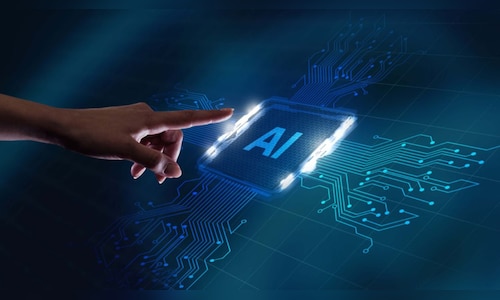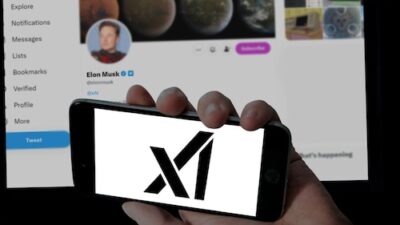In its June 2025 Work Trend Index Special Report, Microsoft notes that while “Frontier Firms”—businesses rapidly expanding with human-agent teams and AI at their core—are on the rise, they may be hindered by an endless cycle of digital noise, fragmented schedules, and blurred boundaries between work and personal time.
The findings stem from anonymized Microsoft 365 productivity signals and a global survey comprising 31,000 knowledge workers across 31 markets. The report reveals that the workday often starts before dawn, extends through the evening, and increasingly encroaches upon weekends.
“By 6 am, many Microsoft 365 users are sifting through congested inboxes in an attempt to get ahead,” according to the report, which adds that 40% of users online at that hour are perusing emails. The average worker receives 117 emails daily, most of which are skimmed in under a minute, with mass emails sent to 20 or more recipients increasing by 7% year over year.
The digital overload intensifies once the workday kicks into gear. By 8 am, Teams messages surpass emails, with workers now averaging 153 Teams messages per weekday. Message volumes have surged over 20% in parts of Europe, the Middle East, and Africa, and by more than 15% in the UK and South Korea.
During the midday hours, Microsoft indicates, there’s little chance for reprieve. Despite research showing natural productivity peaks between 9–11 am and 1–3 pm, half of all meetings are scheduled during this time. “Tuesdays now bear the heaviest meeting burden (23%), while Fridays drop to just 16%,” the report notes, restricting opportunities for focused, uninterrupted work.
Distractions extend beyond meetings. By 11 am—when productivity should ideally be at its peak—54% of users engage in chats and messages. Microsoft reports that employees face interruptions every two minutes on average, accumulating about 275 notifications daily from meetings, emails, or chats.
The issue is not solely about volume; it also lies in the complexity. “Nearly one-third of meetings now span multiple time zones—an increase of 35% since 2021,” the company states. Additionally, 57% of meetings are ad hoc, and 1 in 10 scheduled meetings are arranged at the last minute. PowerPoint edits surge by 122% in the final 10 minutes leading up to meetings, highlighting rushed preparations.
Evenings offer little relief. The report finds that meetings after 8 pm have increased by 16% year over year, while the average worker sends or receives more than 50 messages outside standard hours. By 10 pm, nearly 30% of employees return to their inboxes.
Work also increasingly spills into weekends. “Almost 20% of employees working on weekends check their email before noon on both Saturday and Sunday,” the report reveals. Microsoft’s data indicates a shift in app usage during these days, showing more time spent in Word, Excel, and PowerPoint while Teams messages decrease, suggesting that workers leverage weekends for focused tasks.
According to the global survey, nearly half of employees (48%)—and over half of business leaders (52%)—feel their work is chaotic and fragmented. A third of respondents assert that the pace of work over the past five years has made it impossible to keep up.
Microsoft cautions that without a fundamental redesign of the workday, AI risks being utilized to “accelerate a broken system.” It advocates for a “Frontier Firm mindset,” which questions how time is allocated, how tasks are executed, and what truly drives impact.
Among the recommendations: concentrate on the 20% of work that generates 80% of results; reshape organizations around agile, goal-driven “Work Charts” rather than strict departments; and empower employees to become “agent bosses”—individuals leveraging AI tools to outsource routine tasks and focus on high-value work.
“The question isn’t if work will evolve,” the report concludes. “It’s if we will.”



